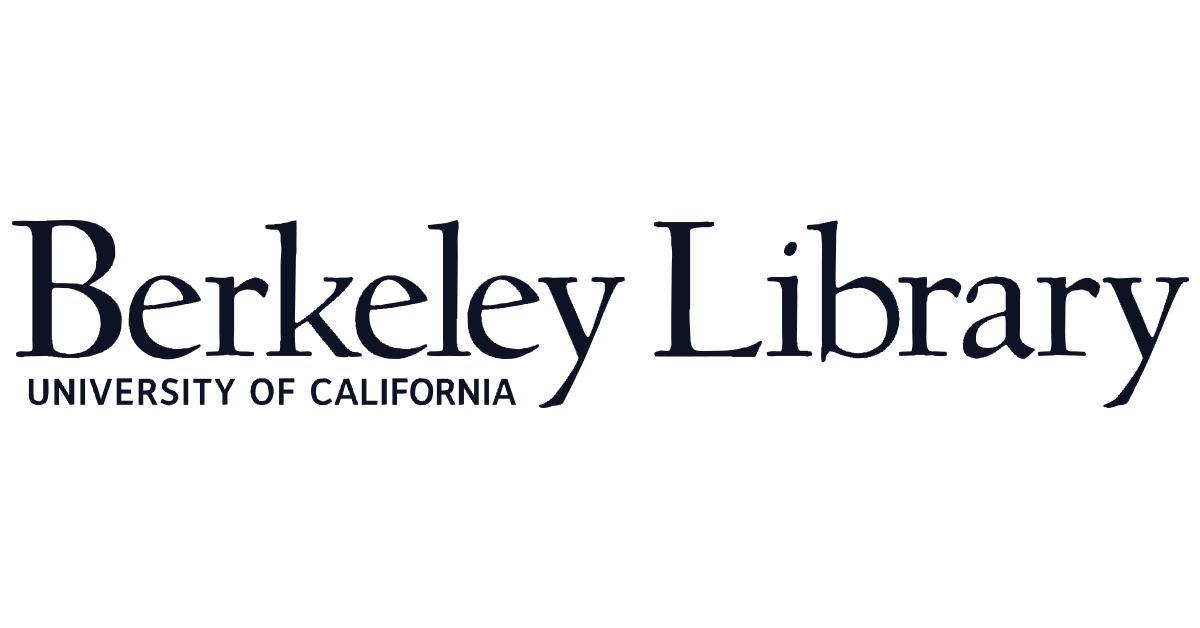USE OF PEDAGOGICAL TOOLS FOR TEACHING ALGORITHMS AND CODING IN FORM 1 AND FORM 2 OF SECONDARY SCHOOLS IN BUKAVU
DOI:
https://doi.org/10.5281/zenodo.10980044Keywords:
Teaching tools; Algorithms, Algorithms, Coding, Bukavu.Abstract
The DR Congo's Ministry of Primary, Secondary and Technical Education has embarked on a new, gradual educational reform. It introduces elements of algorithms and coding into the final cycle of basic education, and brings new features to Information and Communication Technology courses. This new program is supported by a guide and prescribes the situation-based approach as a methodological guideline to be used. Nevertheless, this reform lacks accompanying measures, especially in terms of the choice of pedagogical and didactic tools to support the methodological aspect envisaged by the supervisory ministry.
To this end, this study is based on qualitative data collected from teachers of Information and Communication Technology courses in the first and second years of science on the choice of environments (teaching tools) used to teach the concepts of algorithms and coding. SPSS statistical software was used for data analysis. The results showed that the choice of these pedagogical and/or didactic tools for algorithm development is a function of their ease of use by learners, their clear and concise feedback to learners; the choice of programming languages is a function firstly of their ease of comprehension by learners, secondly because they are recommended by the Ministry and thirdly because they have a large community and offer a variety of resources.
Downloads
Published
How to Cite
Issue
Section
License

This work is licensed under a Creative Commons Attribution-NonCommercial-NoDerivatives 4.0 International License.























